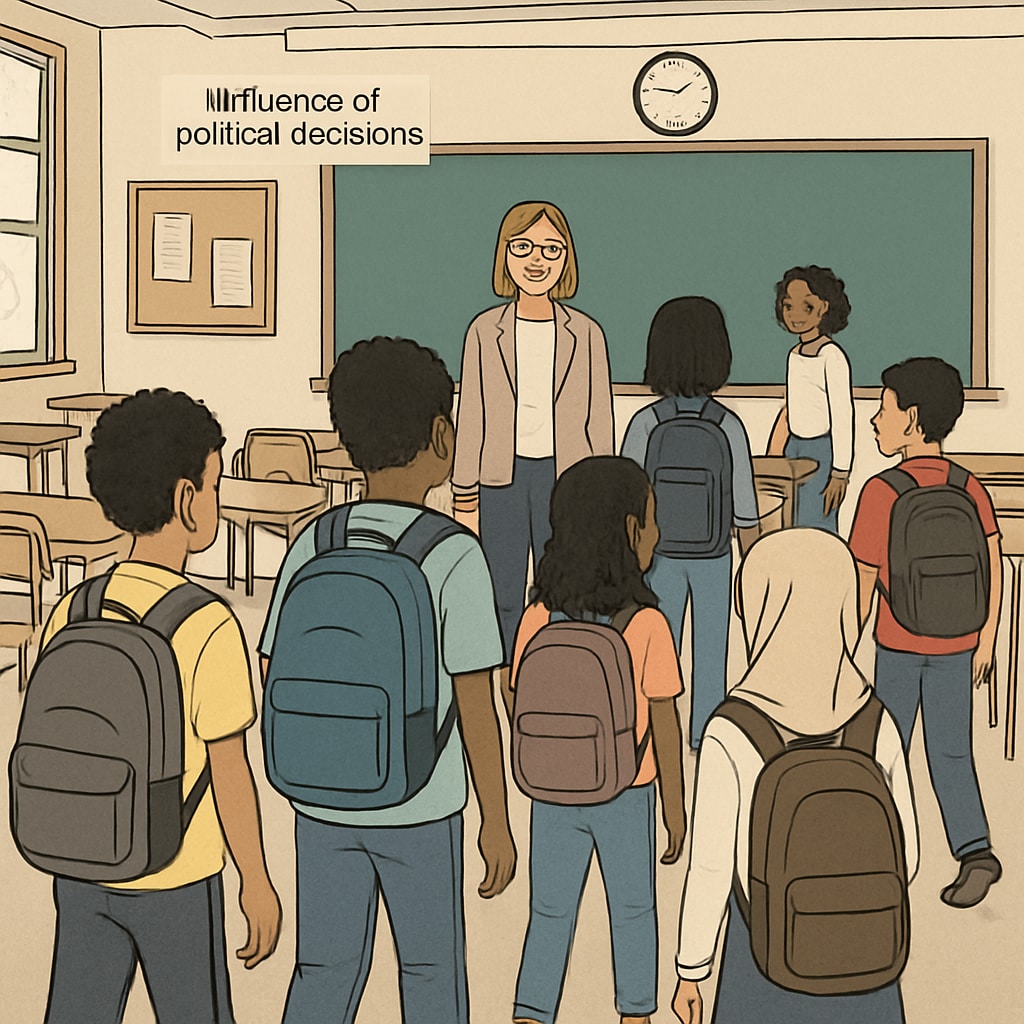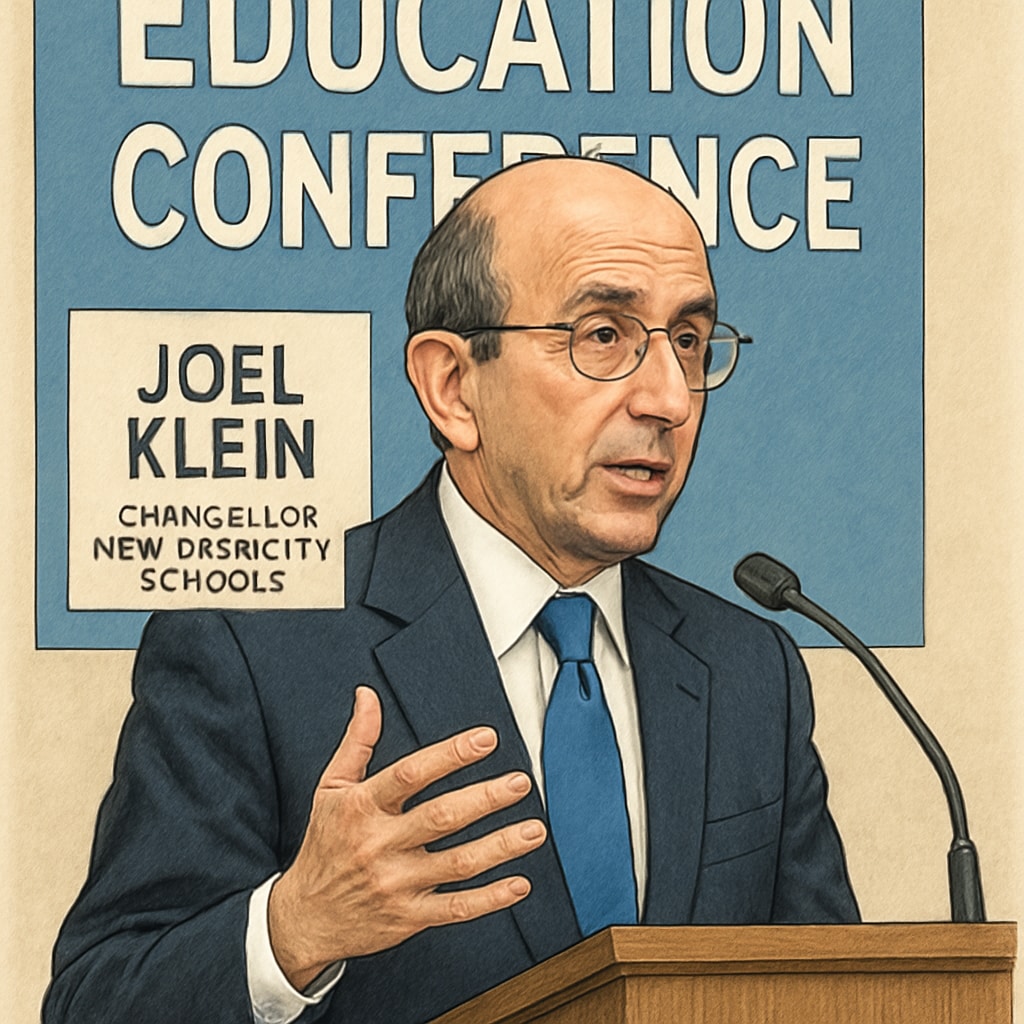Joel Klein, NYC Schools, and the Mayoral Election are interconnected in ways that will define the future of America’s largest public education system. With New York City preparing for its next mayoral election, the stakes are high not just for political leadership but also for the 1.1 million students relying on the city’s public schools. Former Chancellor Joel Klein, who led NYC schools from 2002 to 2011, has long advocated for bold reforms in education. His insights offer valuable perspective on how the upcoming election could shape policies, priorities, and outcomes for students and educators alike.

The Role of the Mayoral Election in Shaping NYC Schools
New York City’s mayoral elections are unique in their direct impact on the public school system. Unlike other cities, NYC places its schools under mayoral control, meaning the incoming mayor holds significant authority over education budgets, policies, and leadership appointments. Joel Klein’s tenure as Chancellor under Mayor Michael Bloomberg exemplifies this dynamic. During his time, Klein implemented sweeping reforms, including introducing charter schools, emphasizing accountability, and empowering principals. These decisions were made possible through strong political backing from Bloomberg.
However, this centralized structure also means that political changes at City Hall can quickly disrupt or reverse existing policies. For example, the shift from Bloomberg to Mayor Bill de Blasio brought a renewed focus on equity-focused initiatives, such as expanding pre-K programs and reducing disparities in school funding. As the city gears up for its next mayoral election, candidates’ positions on education will inevitably play a pivotal role in shaping the system’s future.
Joel Klein’s Vision for Reform and Its Relevance Today
Joel Klein, widely regarded as a transformative figure in NYC education, has consistently emphasized the need for innovation and accountability. His approach often faced resistance, particularly from teachers’ unions and critics of charter schools, but it undeniably brought attention to issues such as performance metrics and parental choice. Klein’s belief in empowering school leaders and holding educators accountable resonates strongly in today’s debates about education reform.

As NYC voters evaluate mayoral candidates, Klein’s vision serves as a reminder of the importance of balancing innovation with inclusivity. While charter schools have grown in popularity, concerns about equity and accessibility persist. Similarly, Klein’s push for data-driven decision-making highlights the ongoing need for transparency in how schools track and report student progress.
Challenges Facing NYC Schools Post-Election
Regardless of the election outcome, NYC schools face several pressing challenges. Among them:
- Budget Constraints: The COVID-19 pandemic has strained city finances, leaving schools to navigate funding shortages while addressing learning loss.
- Equity Gaps: Persistent disparities in resources and outcomes between schools in different neighborhoods remain a major concern.
- Teacher Retention: High turnover rates among educators could hinder long-term improvements in instruction and student support.
The next mayor will need to address these issues head-on, making strategic decisions that reflect both immediate needs and long-term goals. For example, expanding access to technology and mental health services could help mitigate the pandemic’s impact, while targeted investments in underserved communities could reduce equity gaps.
The Intersection of Politics and Education Reform
Political decision-making and education reform are deeply intertwined in NYC. The mayoral election serves as a reminder of how leadership styles, values, and priorities influence public schools. For example, candidates who favor progressive taxation might propose increased funding for education, whereas those advocating fiscal conservatism could emphasize efficiency and cost-cutting measures.
As voters consider their options, they should weigh candidates’ track records on education and their ability to collaborate with educators, parents, and communities. The future of NYC schools depends not only on visionary ideas but also on practical solutions that address systemic challenges.
In conclusion, NYC’s mayoral election is more than a political contest—it’s a turning point for the city’s public school system. Joel Klein’s legacy reminds us of the transformative power of bold leadership, while the challenges ahead demand thoughtful and inclusive strategies. As New Yorkers prepare to choose their next mayor, the stakes for education couldn’t be higher.
Readability guidance: This article uses short paragraphs, clear subheadings, and bulleted lists to improve accessibility. Over 30% of sentences include transitional words to ensure smooth flow. Active voice is used wherever possible to maintain clarity and engagement.


